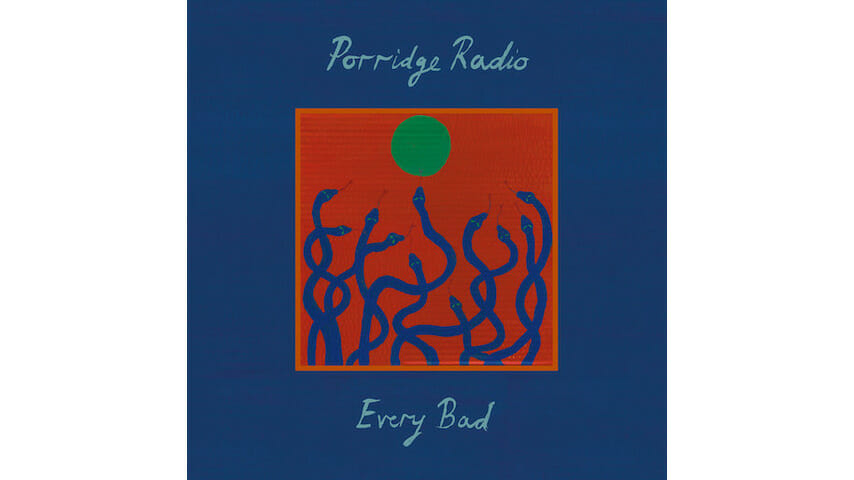Porridge Radio’s Every Bad Is the Album that Indie Rock Desperately Needed
The band's debut for Secretly Canadian is an emotional and instrumental triumph

Emotions are not absolute. Interpreting your own while trying to navigate the emotions of others is one of the hardest parts of being a human. The things we want and need are always changing, and trying to communicate that to other people often leads to confusion or frustration. Plus, when you’re battling your own demons, it makes things even harder. How do we make things better and dig ourselves out of a hole—especially if we don’t see the hole or if that hole has become comfortable?
Brighton, U.K. quartet Porridge Radio grapple with these questions on their new album Every Bad. It’s their first LP since signing with Secretly Canadian, and it follows their 2016 self-recorded debut Rice, Pasta and Other Fillers. Despite it being their first studio record, there isn’t a dramatic evolution here: Lead singer Dana Margolin’s signature languorous vocal delivery, laugh-out-loud humor (“And I was like, mum, no please it’s grunge”) and biting truths (“I’m sorry that I told you that I think you suck”) were all in place, even four years ago.
While it’s technically correct to dub Every Bad the band’s breakthrough album, that doesn’t give enough credit to their first LP, whose deeply dark ruminations and gnarled indie rock songs had an unusually nuanced emotional framework and an entrancing presence. On one hand, Margolin has the reckless abandon of someone yelling in a performance art piece (“Isaac Newton was a virgin!” she screams on “And I Was Like”), but she was backed by chiming, ramshackle guitars that you’d hear at an indie disco. This was a fledgling band who already had something very special.
-

-

-

-

-

-

-

-

-

-

-

-

-

-

-

-

-

-

-

-

-

-

-

-

-

-

-

-

-

-

-

-

-

-

-

-

-

-

-

-








































